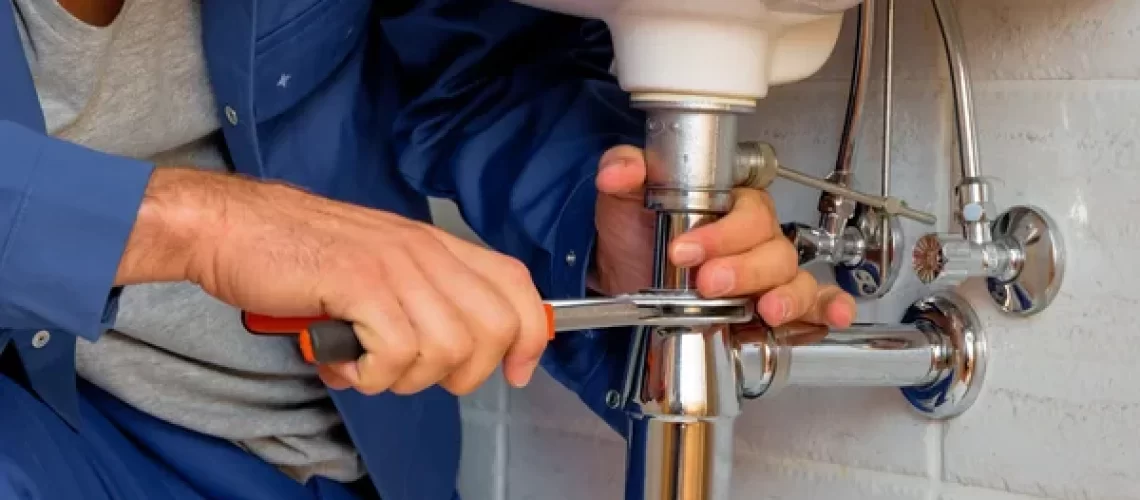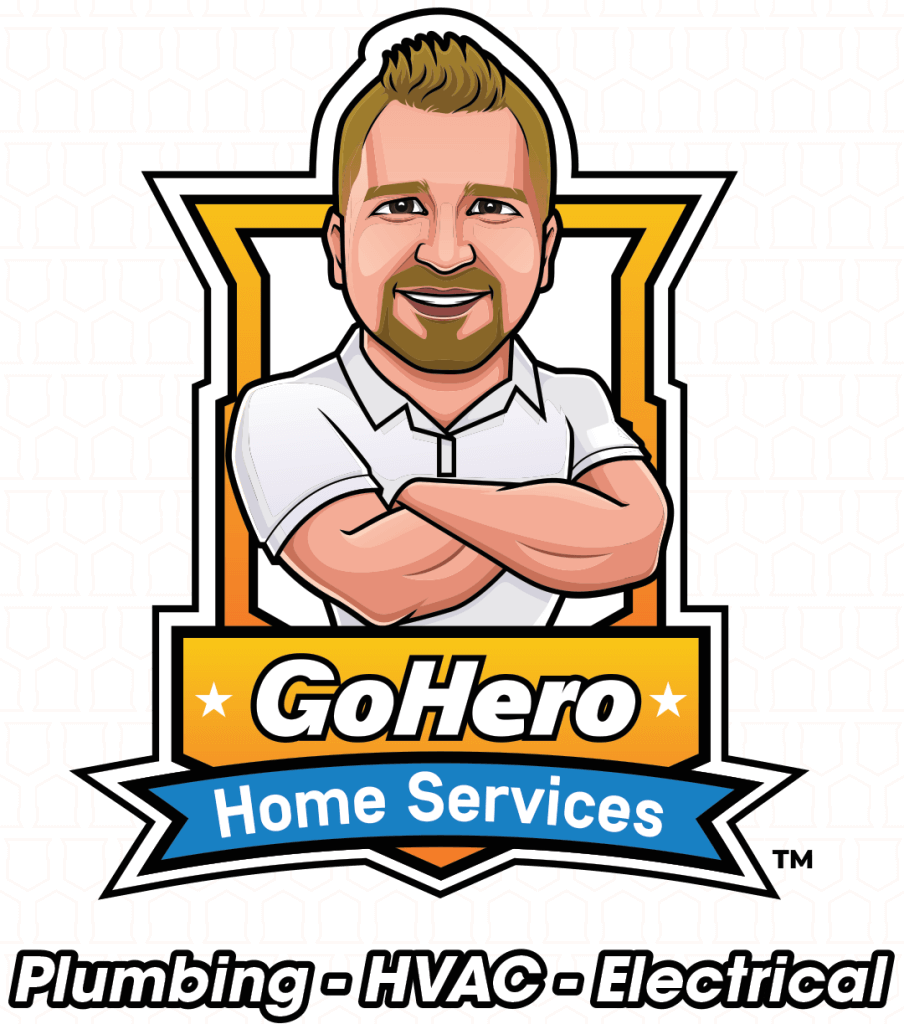Are you grappling with a blocked toilet, a malfunctioning sink, or a persistent pipe leak in your home? These issues can be incredibly frustrating and disruptive to your daily life. Fortunately, professional plumbers are skilled experts who can swiftly resolve these problems. They play a pivotal role in maintaining the functionality and integrity of your home’s plumbing system. This comprehensive guide will explore why hiring a plumber is essential, the common problems they can address, the associated costs, money-saving tips, and preventive measures to avoid plumbing emergencies.
Why Should You Hire a Plumber?
Plumbers are often likened to doctors for our homes, and for good reason. They possess the expertise and tools to diagnose, repair, and maintain your household’s water infrastructure. Here’s why you should consider hiring a plumber when faced with plumbing issues:
- Expert Problem Solvers: Plumbers are skilled professionals who specialize in addressing various plumbing problems. Plumbers have the knowledge and experience to resolve these issues efficiently.
- Bathroom Repairs: Plumbers can tackle bathroom-related problems, such as repairing or replacing showers, sinks, and toilets. Ensuring your bathroom fixtures function correctly is crucial for convenience and hygiene.
- Water Quality and Flow: Plumbers play a vital role in maintaining the quality and flow of water in your home. They can identify and rectify issues affecting water pressure, temperature, or taste, ensuring you have access to clean and reliable water.
- Appliance Installation: Plumbers are responsible for setting up and repairing appliances like dishwashers and washing machines. Their expertise ensures these machines operate efficiently and do not cause water-related problems in your home.
How Much Does Plumbing Services Cost?
The cost of plumbing services can vary based on the nature and complexity of the problem, location, and whether it’s a regular workday or a weekend emergency. Here’s a breakdown of potential costs associated with hiring a plumber:
- Inspection Fee: You may need to pay an inspection fee, typically $175 to $250. This fee covers the plumber’s visit to assess the issue and provide you with an estimate of the repair costs.
- Hourly Rates: Some plumbers charge by the hour, ranging from $50 to $200 or more. Hourly rates may be applicable for straightforward repairs or installations.
- Fixed Pricing: For more complex jobs, plumbers may offer fixed pricing. The cost varies depending on the project’s scope and difficulty.
- Weekend and Emergency Rates: Plumbing emergencies sometimes happen during regular business hours. Expect to pay higher rates if you require plumbing assistance on weekends, holidays, or outside of regular working hours.
Common Plumbing Costs:
- Cleaning a drain: Approximately $175
- Installing a new toilet: Around $500
Money-Saving Tips
Plumbing issues can become costly if left unattended. To save money and prevent major problems, consider the following tips:
- Prompt Action: As soon as you notice a plumbing issue, don’t procrastinate. Calling a plumber promptly can prevent a minor problem from escalating into a major and expensive one.
- Regular Maintenance: Schedule an annual plumbing check-up. This preventive measure can help identify potential problems early, allowing for timely repairs and cost savings.
- DIY Maintenance: Learn basic plumbing maintenance tasks, such as using a plunger to clear minor clogs. This can help you address small issues without the need for professional assistance.
How to Avoid Needing a Plumber
While plumbers are indispensable when problems arise, taking proactive steps to minimize the likelihood of plumbing issues is essential. Here are some preventative measures to consider:
- Home Tool Kit: Keep essential plumbing tools, like a plunger, handy in your home. These tools can help you address minor clogs and blockages before they worsen.
- Emergency Shut-Off: Familiarize yourself with the location of your home’s main water shut-off valve. Knowing how to turn off the water supply in an emergency can prevent water damage.
- Winter Precautions: Before winter sets in, turn off the water supply to outdoor taps to prevent pipes from freezing and bursting during freezing temperatures.



